History Courses > 20th Century
History
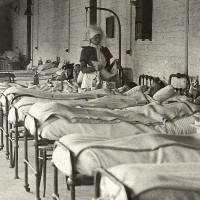
Course • History • 5 lectures
Britain – Healthcare, c.1900-48
Dr George Gosling, Wolverhampton University 5 Lessons
5 Lessons
Britain – Healthcare, c.1900-48
Dr George GoslingWolverhampton University
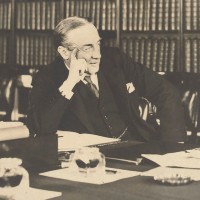
Course • History • 6 lectures
Britain – Politics, 1918-45
Dr Robert Crowcroft, Edinburgh University 6 Lessons
6 Lessons
Britain – Politics, 1918-45
Dr Robert CrowcroftEdinburgh University
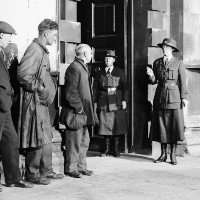
Course • History • 5 lectures
Britain – The Economy, 1918-39
Dr Chris Price, York St John University 5 Lessons
5 Lessons
Britain – The Economy, 1918-39
Dr Chris PriceYork St John University
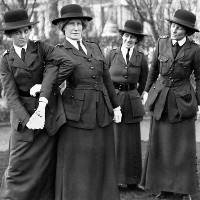
Course • History • 4 lectures
Britain – The Great War and British Society, 1914-39
Dr Matthew Cole, Birmingham University 4 Lessons
4 Lessons
Britain – The Great War and British Society, 1914-39
Dr Matthew ColeBirmingham University
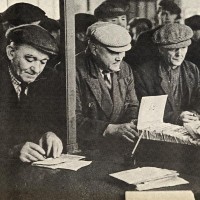
Course • History • 4 lectures
Britain – The Liberal Reforms, 1906-14
Dr Matthew Cole, Birmingham University 4 Lessons
4 Lessons
Britain – The Liberal Reforms, 1906-14
Dr Matthew ColeBirmingham University
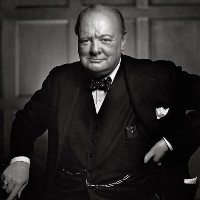
Course • History • 6 lectures
Britain – Winston Churchill, 1929-55
Prof. Richard Toye, Exeter University 6 Lessons
6 Lessons
Britain – Winston Churchill, 1929-55
Prof. Richard ToyeExeter University
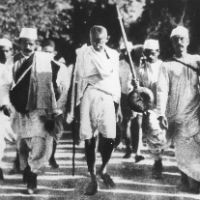
Course • History • 7 lectures
British India, 1601-1947
Dr Christopher Harding, Edinburgh University 7 Lessons
7 Lessons
British India, 1601-1947
Dr Christopher HardingEdinburgh University
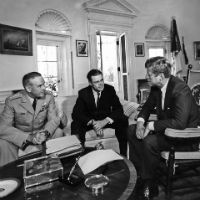
Course • History • 6 lectures
Cold War – The Cold War in Asia, 1945-75
Prof. Kevin Ruane, Canterbury Christ Church University 6 Lessons
6 Lessons
Cold War – The Cold War in Asia, 1945-75
Prof. Kevin RuaneCanterbury Christ Church University
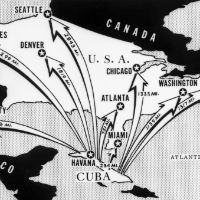
Course • History • 5 lectures
Cold War – The Cuban Missile Crisis, 1962
Prof. Mark White, QMUL 5 Lessons
5 Lessons
Cold War – The Cuban Missile Crisis, 1962
Prof. Mark WhiteQMUL
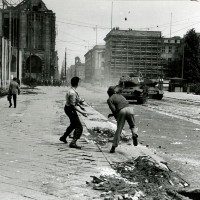
Course • History • 6 lectures
Germany – East Germany, 1945-89
Prof. Patrick Major, Reading University 6 Lessons
6 Lessons
Germany – East Germany, 1945-89
Prof. Patrick MajorReading University
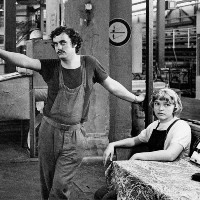
Course • History • 6 lectures
Germany – Life in East Germany, 1949-89
Dr Marcel Thomas, Manchester University 6 Lessons
6 Lessons
Germany – Life in East Germany, 1949-89
Dr Marcel ThomasManchester University
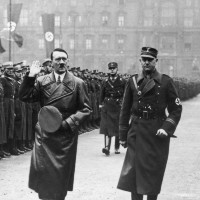
Course • History • 10 lectures
Germany – Nazi Germany, 1933-45
Prof. Neil Gregor, Southampton University 10 Lessons
10 Lessons
Germany – Nazi Germany, 1933-45
Prof. Neil GregorSouthampton University
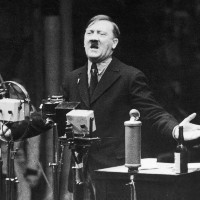
Course • History • 6 lectures
Germany – Nazi Germany, 1933-45
Dr Lisa Pine, London South Bank University 6 Lessons
6 Lessons
Germany – Nazi Germany, 1933-45
Dr Lisa PineLondon South Bank University
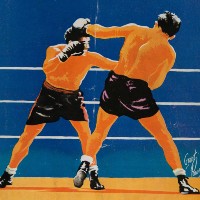
Course • History • 5 lectures
Germany – Sport and Physical Culture, 1919-33
Dr Jon Hughes, Royal Holloway, London 5 Lessons
5 Lessons
Germany – Sport and Physical Culture, 1919-33
Dr Jon HughesRoyal Holloway, London
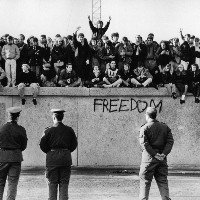
Course • History • 6 lectures
Germany – The Decline of the GDR, 1980-90
Prof. Anna Saunders, Liverpool University 6 Lessons
6 Lessons
Germany – The Decline of the GDR, 1980-90
Prof. Anna SaundersLiverpool University
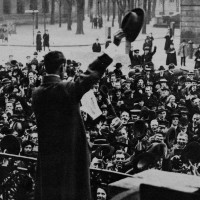
Course • History • 8 lectures
Germany – The Early Years of the Weimar Republic, 1918-23
Dr Nadine Rossol, Essex University 8 Lessons
8 Lessons
Germany – The Early Years of the Weimar Republic, 1918-23
Dr Nadine RossolEssex University
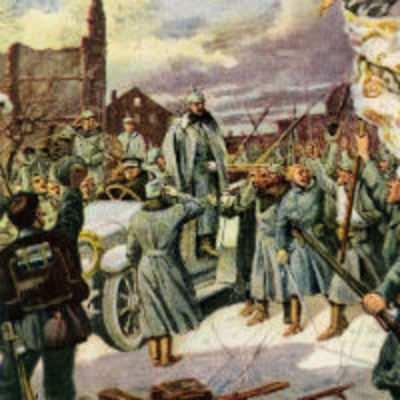
Course • History • 5 lectures
Germany – The First World War, 1914-18
Prof. Matthew Stibbe, Sheffield Hallam University 5 Lessons
5 Lessons
Germany – The First World War, 1914-18
Prof. Matthew StibbeSheffield Hallam University
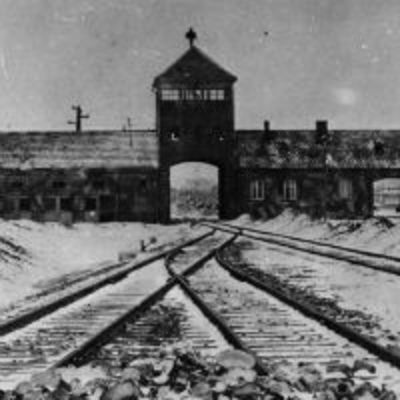
Course • History • 6 lectures
Germany – The Nazi Concentration Camps, 1933-45
Prof. Nik Wachsmann, Birkbeck College, London 6 Lessons
6 Lessons
Germany – The Nazi Concentration Camps, 1933-45
Prof. Nik WachsmannBirkbeck College, London
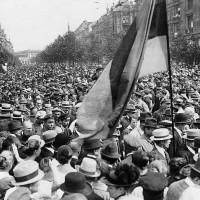
Course • History • 12 lectures
Germany – The Weimar Republic, 1918-33
Prof. Matthew Stibbe, Sheffield Hallam University 12 Lessons
12 Lessons
Germany – The Weimar Republic, 1918-33
Prof. Matthew StibbeSheffield Hallam University
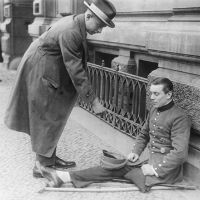
Course • History • 6 lectures
Germany – The Weimar Republic, 1918-33
Prof. Benjamin Ziemann, Sheffield University 6 Lessons
6 Lessons
Germany – The Weimar Republic, 1918-33
Prof. Benjamin ZiemannSheffield University
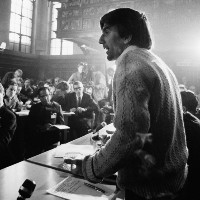
Course • History • 5 lectures
Germany – West German Student Movement, 1966-69
Dr Hanno Balz, University of Cambridge 5 Lessons
5 Lessons
Germany – West German Student Movement, 1966-69
Dr Hanno BalzUniversity of Cambridge
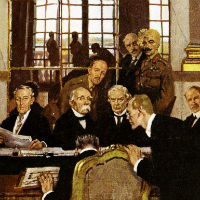
Course • History • 6 lectures
International Relations in Europe, 1914-39
Prof. David Stevenson, London School of Economics 6 Lessons
6 Lessons
International Relations in Europe, 1914-39
Prof. David StevensonLondon School of Economics
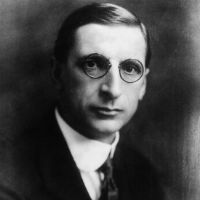
Course • History • 5 lectures
Ireland – 20th Century, 1912-Present
Prof. Brian Girvin, Glasgow University 5 Lessons
5 Lessons
Ireland – 20th Century, 1912-Present
Prof. Brian GirvinGlasgow University
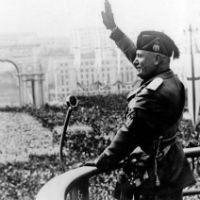
Course • History • 7 lectures
Italy – The Rise of Italian Fascism, 1911-39
Dr Hannah Malone, University of Cambridge 7 Lessons
7 Lessons
Italy – The Rise of Italian Fascism, 1911-39
Dr Hannah MaloneUniversity of Cambridge
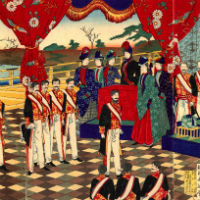
Course • History • 6 lectures
Japan, 1853-1912
Dr Andrew Cobbing, Nottingham University 6 Lessons
6 Lessons
Japan, 1853-1912
Dr Andrew CobbingNottingham University
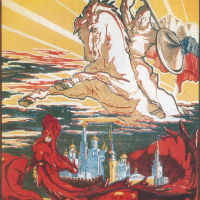
Course • History • 12 lectures
Russia – Revolution and Civil War, 1917-22
Dr Mark Levene, Southampton University 12 Lessons
12 Lessons
Russia – Revolution and Civil War, 1917-22
Dr Mark LeveneSouthampton University
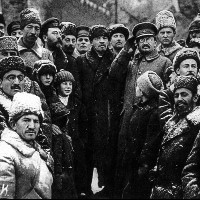
Course • History • 5 lectures
Russia – The Development of the Soviet Politics, 1917-22
Dr Lara Douds, Northumbria University 5 Lessons
5 Lessons
Russia – The Development of the Soviet Politics, 1917-22
Dr Lara DoudsNorthumbria University
